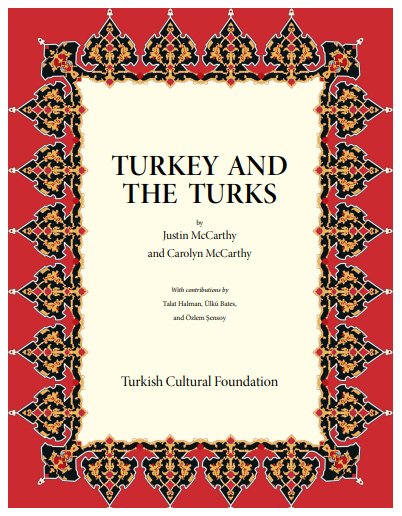Dispelling common misconceptions about Turkey is crucial for a comprehensive understanding of this culturally rich and diverse country. Turkey, often caught between its historic legacy and modern identity, is frequently subjected to stereotypes and factual inaccuracies. Below, we’ll address some of these misconceptions, offering clarity and insight into the true nature of Turkey and its culture.
Misconception 1: Turkey is Predominantly Desert
Reality
- Contrary to the popular belief that Turkey is largely desert, the country’s geography is incredibly diverse. It ranges from beaches on its Aegean, Mediterranean, and Black Sea coasts to mountains in the East and lush forests in the North. The notion of Turkey as a desert land ignores its vast plateaus, fertile agricultural regions, and its significant urban and coastal landscapes.
Misconception 2: Turkish Culture Is Homogeneous
Reality
- Turkey’s culture is a vibrant tapestry woven from various historical and ethnic influences. While it has a significant Turkish majority, the country is also home to numerous ethnic groups, including Kurds, Arabs, Greeks, Armenians, and others. Each group contributes to Turkey’s cultural mosaic, evident in its music, cuisine, language, and traditions. The cultural landscape of Turkey is a reflection of its complex history as a crossroads between continents.
Misconception 3: Turkey Is Unsafe for Travelers
Reality
- While parts of Turkey have experienced political instability and regional conflicts, especially near its borders, most of the country, particularly tourist areas, are generally safe for travelers. Like any major travel destination, it’s crucial for visitors to remain aware of their surroundings, adhere to local laws and customs, and stay informed about current travel advisories. The majority of tourists in Turkey experience a safe and enjoyable visit.
Misconception 4: Turkish Cuisine Is Limited to Kebabs and Meats
Reality
- Turkish cuisine is much more diverse than just kebabs and meat dishes. It includes a wide variety of vegetarian dishes, seafood, pastries, and desserts. Turkish cuisine varies significantly by region, incorporating Mediterranean, Central Asian, Middle Eastern, and Balkan influences. Dishes such as mezes, dolmas, baklava, and a rich array of vegetable stews and salads are integral to Turkish cuisine.
Misconception 5: Turkey Is Technologically Backward
Reality
- Turkey has a rapidly growing economy and is increasingly modern and technologically advanced. Its major cities like Istanbul, Ankara, and Izmir feature modern infrastructure, thriving business districts, and advanced public transportation systems. The country is also a hub for entrepreneurship and innovation, particularly in sectors like automotive, textiles, consumer electronics, and software development.
Misconception 6: Istanbul Is Turkey’s Capital
Reality
- A common mistake is to assume Istanbul, Turkey’s largest city and cultural and financial center, is the capital. The capital of Turkey is Ankara, which became the heart of the new Turkish Republic in 1923 under Mustafa Kemal Atatürk. Ankara plays a central role in the political and administrative life of Turkey.
Misconception 7: English Is Widely Spoken Everywhere
Reality
- While English is widely spoken in tourist areas, major hotels, and among younger generations, it’s not universally spoken across Turkey. In many rural areas and less touristy towns, English proficiency is limited. Learning a few basic Turkish phrases can greatly enhance communication and the overall travel experience.
Misconception 8: Turkey Is Entirely Islamic
Reality
- While Islam is the predominant religion, Turkey is a secular country with no official state religion. The Turkish Constitution provides for freedom of religion and conscience. Turkey’s secularism is a defining characteristic of its political and social life, and there are communities of other religions, including Christianity and Judaism, with their own places of worship and traditions.
Understanding Turkey requires moving beyond stereotypes and misconceptions. This nation is a complex blend of tradition and modernity, east and west, and a multitude of cultures and influences. Recognizing the realities of Turkey’s diverse geography, rich and varied culture, dynamic economy, and secular democratic framework is essential for a balanced and nuanced perspective of the country. Turkey’s true identity lies in its ability to harmonize its deep historical roots with a progressive and forward-looking outlook.

